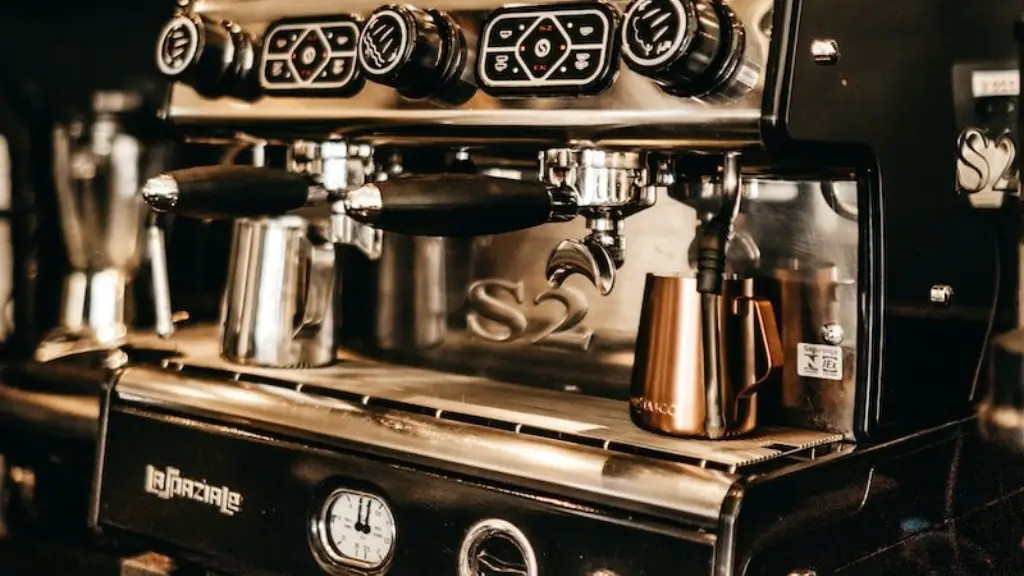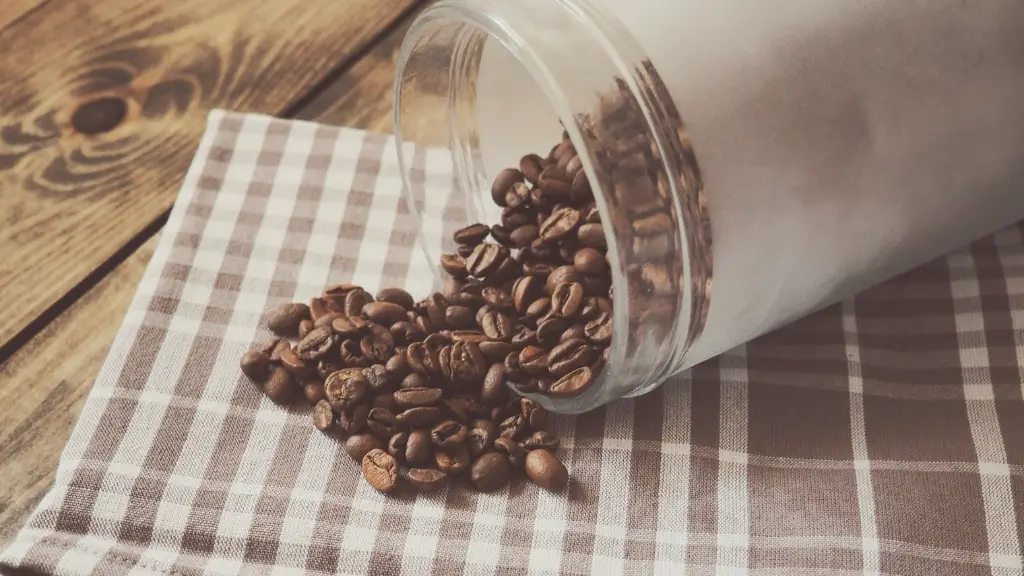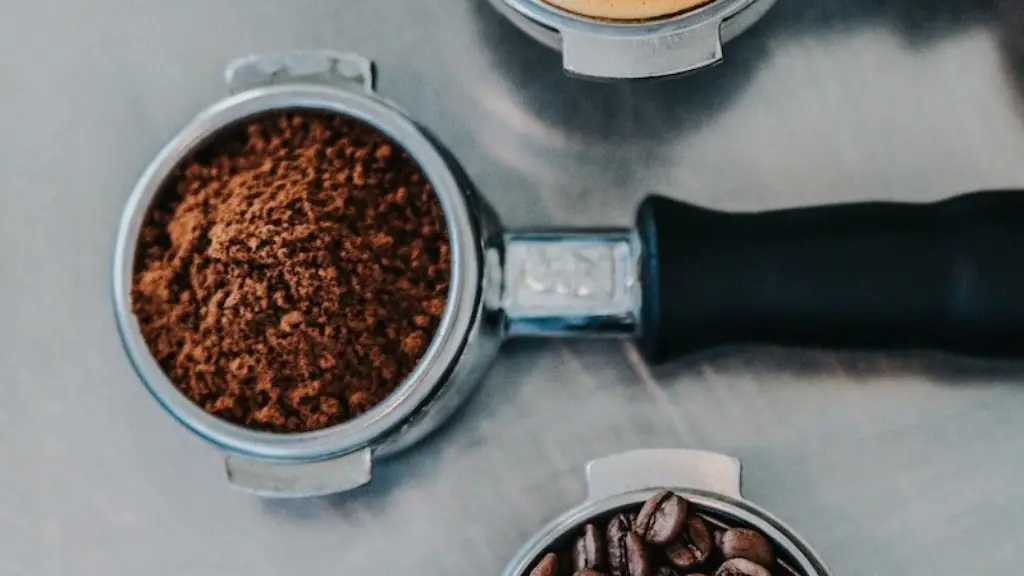Tooth extraction may require a daunting dental procedure, and the recovery period can vary drastically depending on the affected area, health conditions, and prescribed medications. Your oral surgeon will undoubtedly provide an aftercare plan to ensure the extraction site heals properly. There is a popular debate among dental professionals and patients on the consumption of coffee 24 hours after tooth extraction.
Those who argue coffee should be avoided altogether argue that caffeine in coffee raises the blood pressure and can cause increased bleeding at the extraction site, making it harder to form a blood clot. Additionally, the acidity of coffee can cause irritation and sting the empty socket area, while hot liquids may interfere with the healing process.
On the other hand, some experts suggest that consuming coffee 24 hours after extraction is safe; as long as it’s not hot. Cold or iced coffee should not cause any disruption in the healing process, and the slow sipping of coffee can help to distract from persistent pain. Coffee can also act as a substitute for painkillers, offering some relief to those who can’t take medications.
However, most healthcare professionals still discourage the consumption of coffee and any other hot beverage following tooth extraction. Given the risks, it is best to avoid coffee unless it is cold and taken in moderate amounts. If pain persists or bleeding recurs, it is recommended to go to the doctor and check for infection.
Furthermore, it is recommended to continue rinsing the mouth with salt water as prescribed by your surgeon, as well avoid using a straw for sipping coffee or any other drinks. A straw can cause suction and pull the clot out of the extraction site and slow down the healing process.
Avoid Excess Caffeine Intake
Coffee can not only be consumed 24 hours after tooth extraction, but also generally advised, but in limited amounts. In fact, the consumption of coffee in moderate amounts will not likely do any harm and can even provide some pain relief. Consuming warm, not hot, caffeinated beverages is possible after 24 hours, however, it should be limited due to the risk of increased blood pressure and heart rate.
It is generally accepted that tolerance to caffeine may vary, and therefore the impact of caffeine on the healing process may also vary on an individual basis. For instance, a person who consumes more than two cups of coffee a day may find that it takes longer for the extraction site to heal. Despite this, an occasional cup should not do much harm, provided it is warm and not hot, and taken in moderation.
Keep Up Oral Hygiene
Ultimately, brushing and flossing your teeth should be avoided around the extraction site. The best approach to tooth extraction is to keep the wisdom teeth dry during the healing period. You should also avoid using an interdental brush for two weeks after the extraction of teeth. Instead, you should rinse your mouth frequently with a warm salt solution.
Additionally, short and frequent rinses with lukewarm water can help to remove food particles and bacteria. Ideally, this will assist to reduce inflammation and infection. Do not forget to check with a dentist before consuming coffee 24 hours after tooth extraction.
Go For Regular Checkups
After a tooth extraction, it is important to maintain comprehensive oral health care. Regular checkups with a dentist or a dental hygienist can help to prevent the teeth and gums from becoming inflamed and infected. The teeth are more prone to damage following the extraction, and regular visits can help to keep this from happening.
By combining regular dental checkups, following the aftercare plan, and avoiding hot coffee after 24 hours, it is possible to recover smoothly and with as little pain as possible. If you wish to avoid potential complications, it is important to understand the effects of coffee consumption 24 hours after tooth extraction and seek advice from your oral surgeon if necessary.
Relieving Tooth Pain Naturally
Aside from avoiding hot beverages, you can also loosen up the area to help with the pain associated with tooth extraction. Organic tea bags, cold and frozen foods like ice cream, and even natural remedies such as garlic, onion, and yogurt can be helpful in relieving pain. There are also many over the counter medications such as ibuprofen and acetaminophen that can be taken in moderation to reduce pain.
It is also important to avoid smoking and tobacco use at the extraction site, as well as chewing over the empty socket area. This kind of behavior could lead to infection at the extraction site, so it’s best to avoid it altogether. Additionally, it is important to stay well-hydrated in order to support the healing process.
The Long-Term Impact on Oral Health
Taking the proper precautions during and after tooth extraction is key to preventing further oral health issues. It is advised to continue with regular dental care during and after tooth extraction. This will keep your teeth and gums healthy and will minimize the risk of infection and inflammation.
Additionally, it is important to practice good oral habits such as daily brushing and flossing, as well as using anti-bacterial mouthwash. Such habits will help reduce the chance of cavities, gum disease, and other oral infections. By practicing good post-extraction habits and by avoiding hot liquids and coffee, you can ensure faster healing of the extraction area.
Conclusion
It is generally accepted that avoiding coffee 24 hours after tooth extraction is best, but if it must be consumed it is important to ensure that it is cold and taken in small amounts. Taking the proper precautions during and after tooth extraction can help speed up the healing process and reduce inflammation and infection. Good oral hygiene and regular visits to the dentist are key to avoiding further damage to the teeth and gums.




